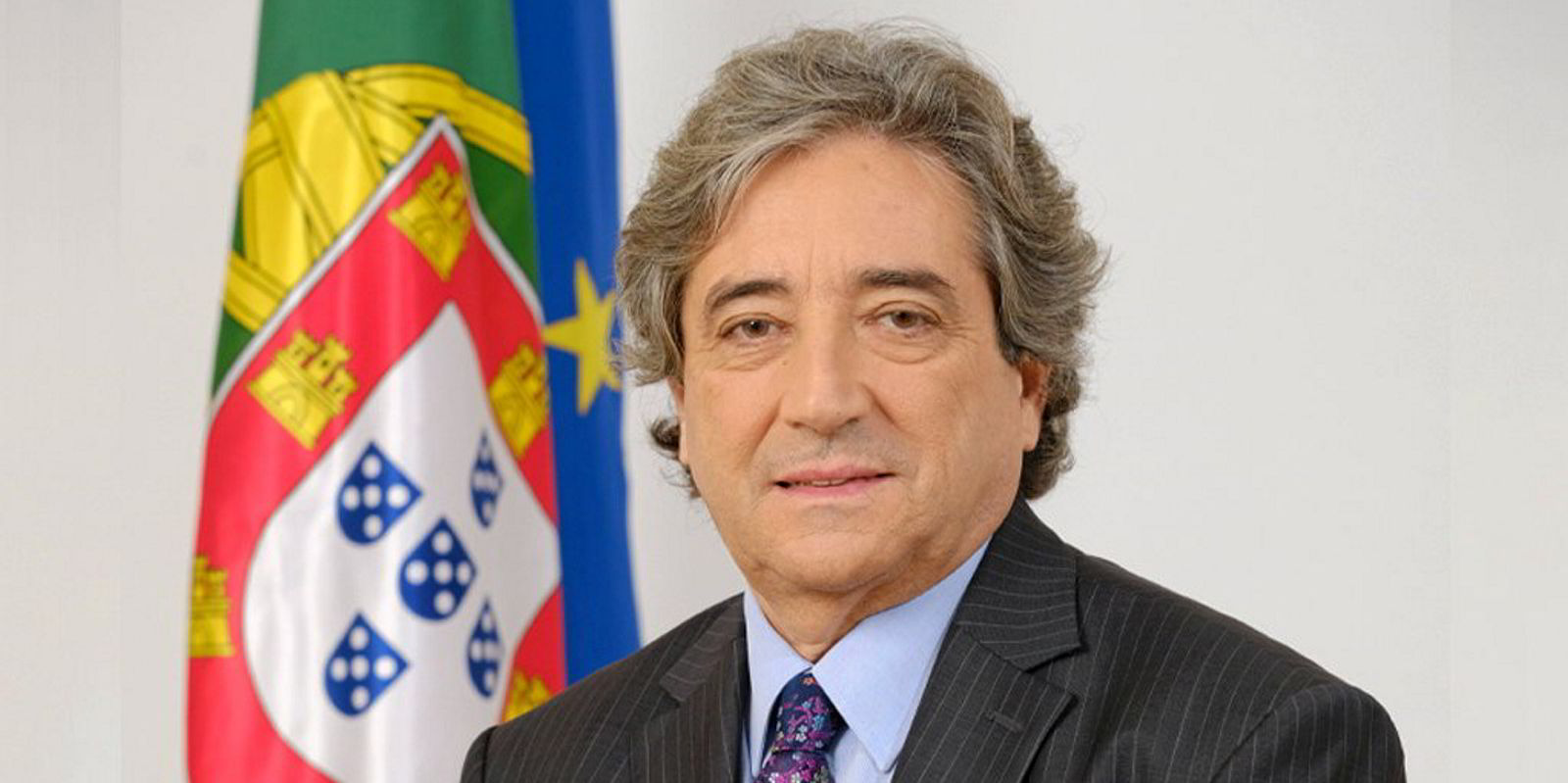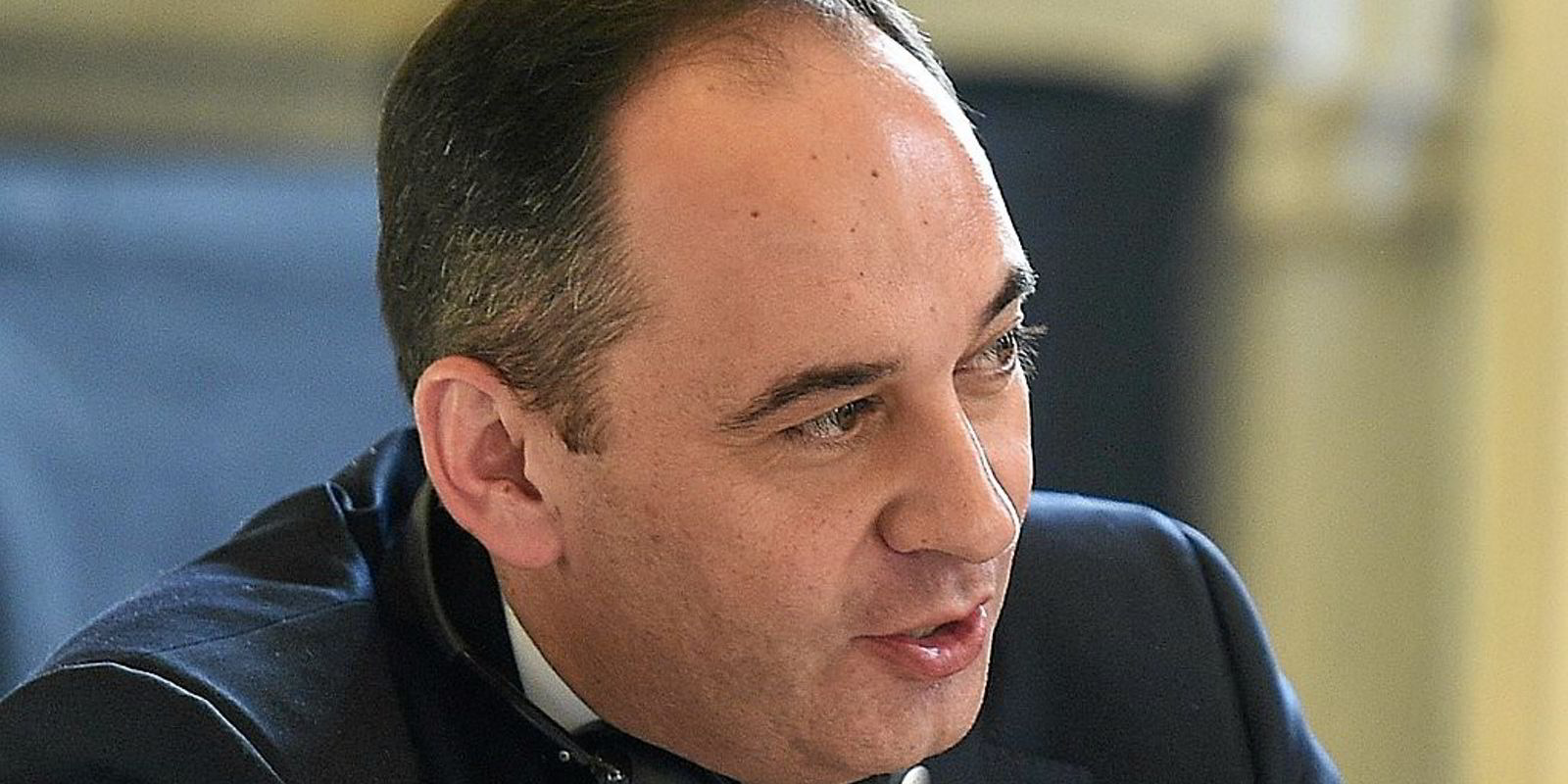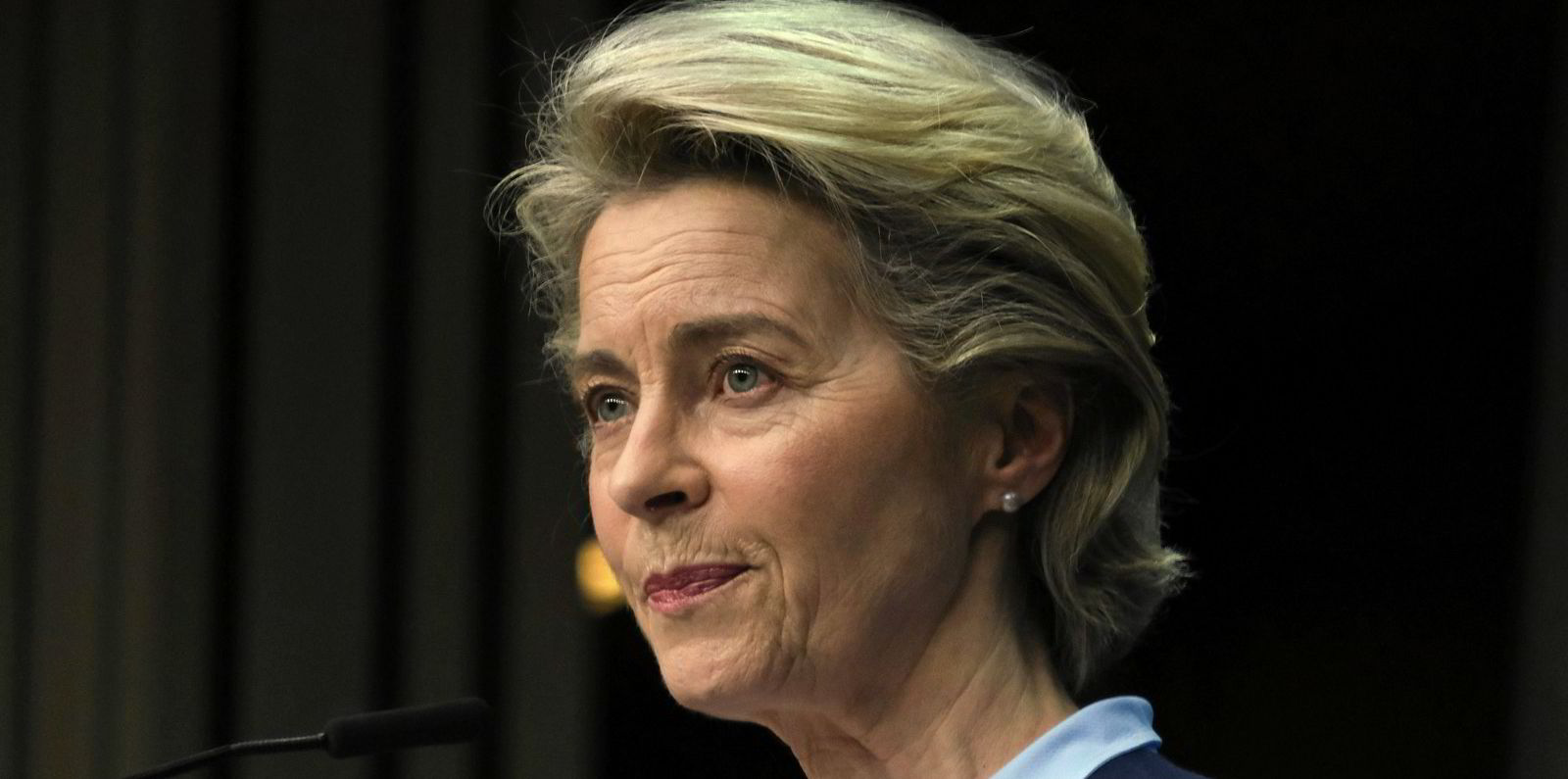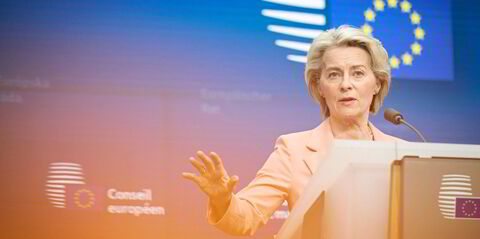A senior Portuguese policymaker has warned the debate over the terms under which shipping will be included in the European Union carbon emissions trading system (ETS) is yet to come.
EU authorities are expected to unveil a draft of the rules in the coming months, most probably in July.
But according to Ricardo Serrao Santos, minister for maritime affairs of Portugal — which currently holds the bloc’s rotating presidency — that step will merely mark the start of the debate.
“No rules or implementation date are yet defined,” Santos told TradeWinds on a visit to Piraeus.
Given the “complexity of the subject”, Santos said he was expecting it “to be under discussion for several EU presidencies”.
An EU presidency lasts for six months and Portugal’s current term expires at the end of June.
“An intense debate and brainstorming will need to be accomplished,” Santos said. “This brainstorming shall be inclusive and consider the position of all member states and evidently the industry.”
The European Commission, the EU body in charge of formulating and executing the bloc’s legislation, is under pressure from the European Parliament and environmentalists to include shipping into the ETS, the world’s biggest carbon trading scheme.
Several shipping associations and governments would prefer such so-called market-based measures to reduce greenhouse gases to be adopted by the International Maritime Organisation instead.
Santos, a marine biologist and a member of European Parliament until 2019, said a middle course could be found.
He said shipping’s eventual inclusion is unavoidable and Europe should “certainly lead the process and build the way for the global sustainability to be achieved".
However, he added that the measure should be introduced with “realistic objectives” and “defined rules” with a view to establish close cooperation with the IMO.
“Serious cooperation has to be established with IMO in order to enforce the solution at a global scale,” Santos said.
Key parameters concerning shipping’s inclusion in the ETS are still open to debate. That includes its geographic scope, whether charterers should assume part of the carbon cost as well and if a separate ETS mechanism should be set up just for shipping companies.





